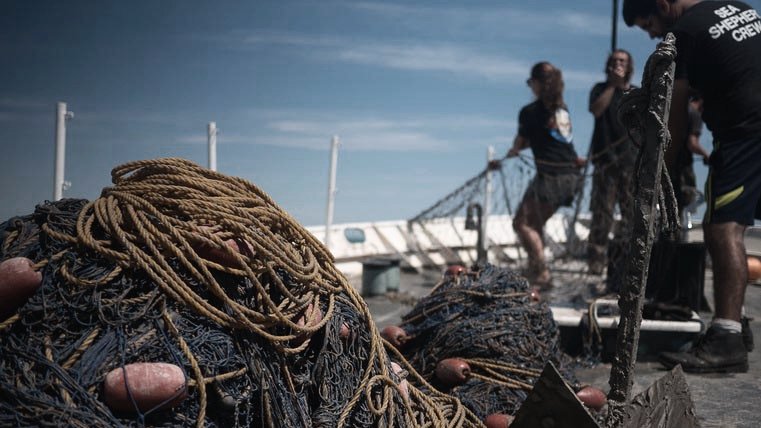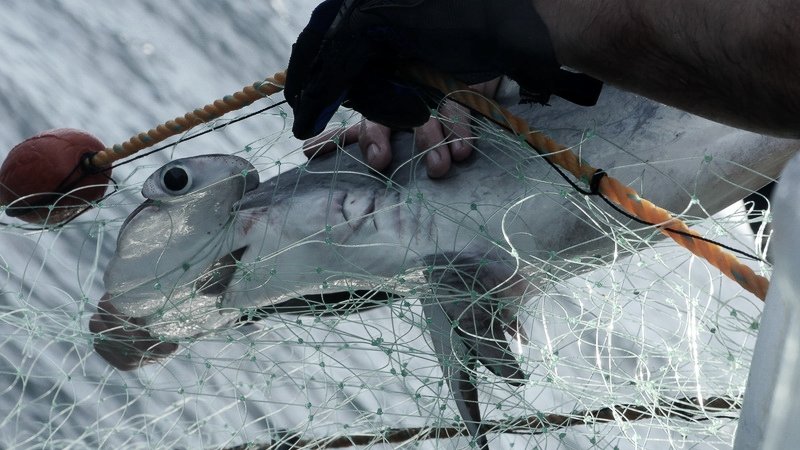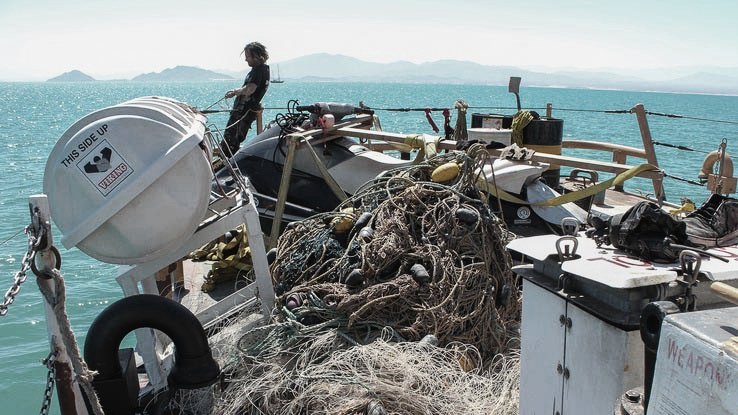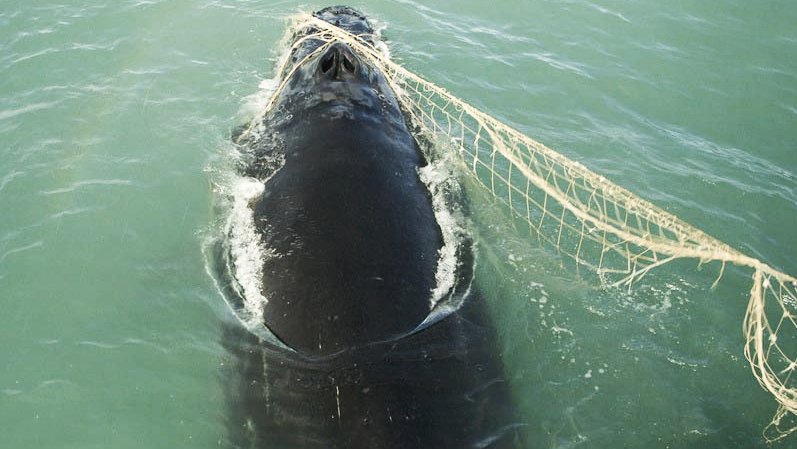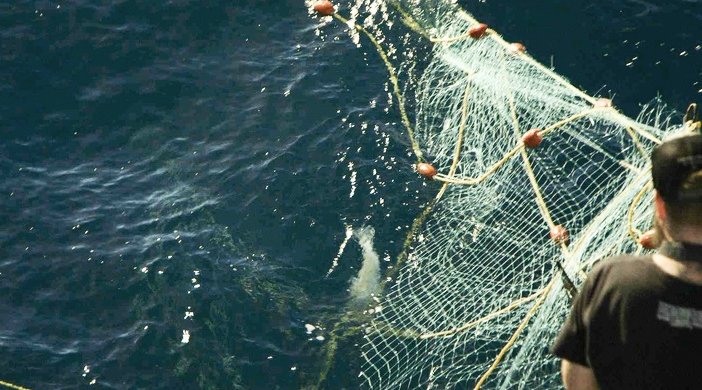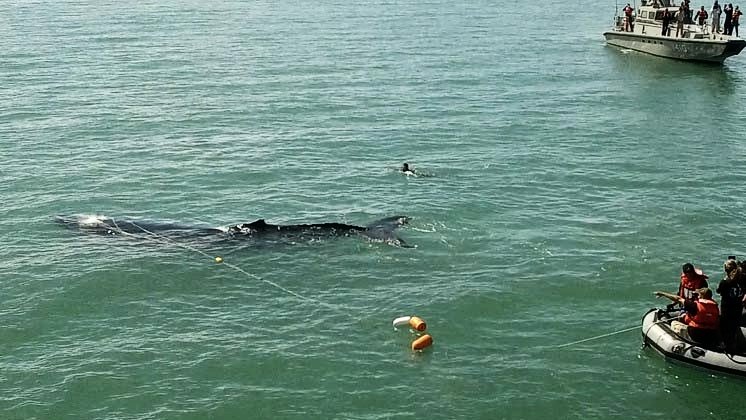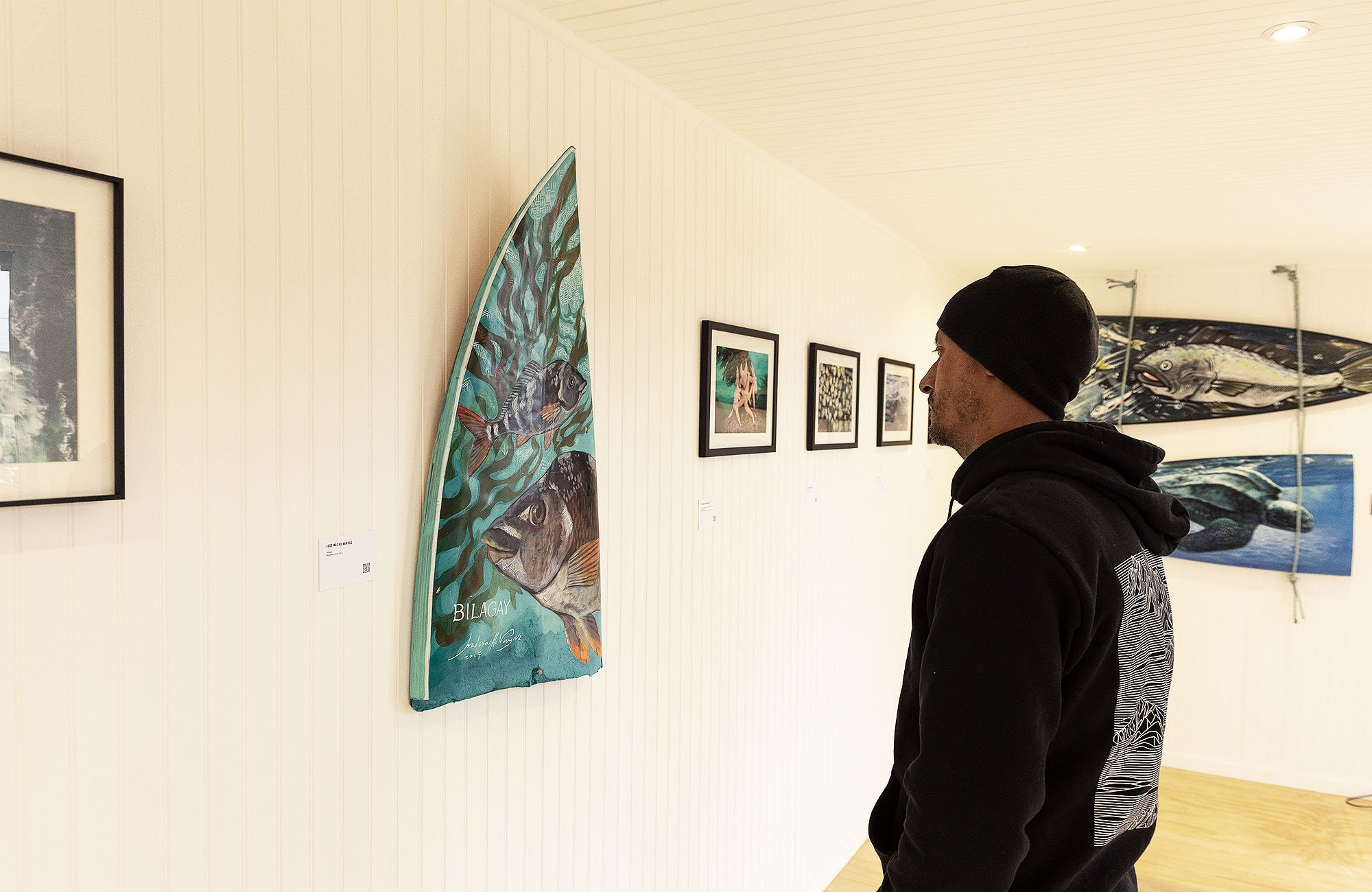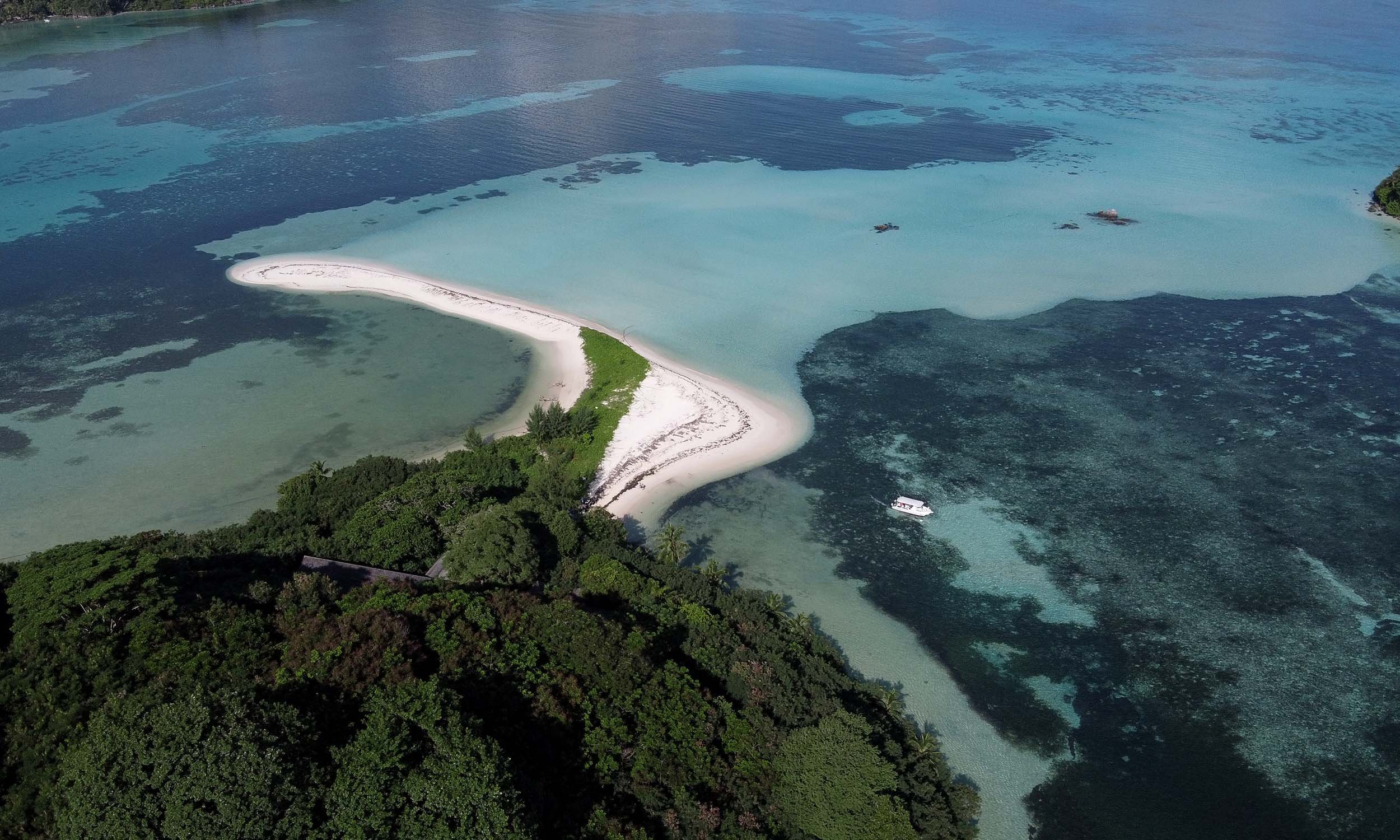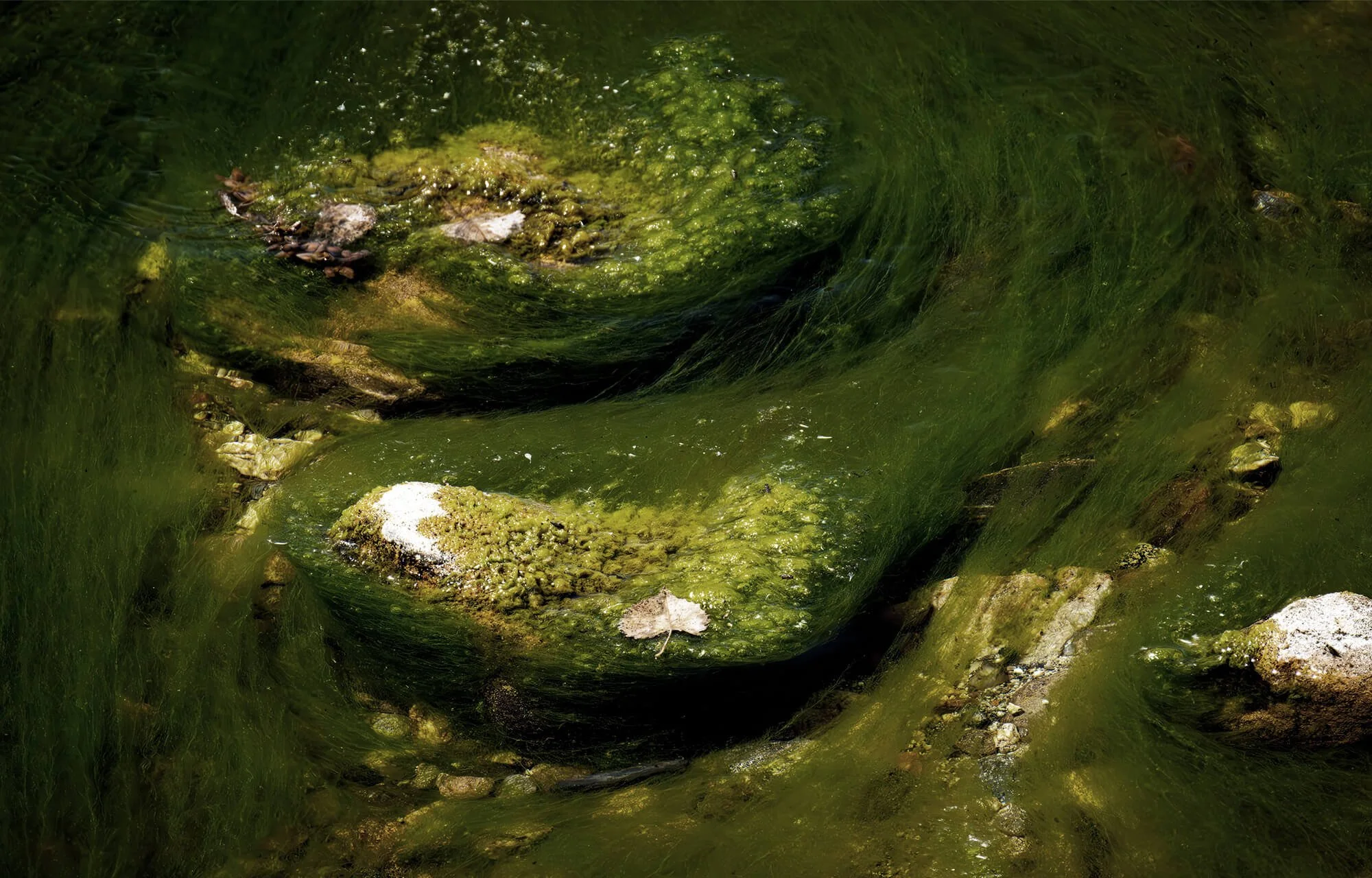Intercepting Ghost Nets
Collaborating to remove, recycle and transform the fishing gear that haunts the sea
Lurking in the ocean depths are millions of tons of ghost gear. Lost, abandoned and discarded fishing nets, pots, traps, and lines threaten sea life long after they leave human hands—and continue to do so until they're safely removed from the environment. Approximately 640,000 tons of fishing gear end up in our oceans annually. This rogue gear accounts for 10 percent of all marine debris and creates serious problems for the oceans, its inhabitants, and anyone who depends on both (like us).
A nylon fishing net can wreak havoc on struggling fish populations when used deliberately. They are too good at killing, and for that reason, certain types (e.g. gill nets, invisible wall-like death traps) have been banned in marine environments. That doesn’t mean they’re no longer used; law enforcement in under-patrolled waters proves to be an ongoing challenge. The already ominous and often illegal enemies of biodiversity take on even more dangerous lives once lost at sea. Like immortal serial killers, ghost nets drift aimlessly with ocean currents, trapping and entangling marine life in a cycle of destruction that can continue into perpetuity unless direct action is taken.
The fish and marine life that become caught, trapped, and entangled in this gear are not limited to the targeted species. Whales, sea turtles, dolphins, sharks, the critically endangered vaquita porpoise, and even birds are vulnerable to fall victim as ghost gear bycatch. The animals may immediately drown or suffocate due to their entanglement or, in especially heartbreaking cases, surrender to exhaustion after days or even months of trying to shake free from the lines.
We are working with members of our partner network, including Sea Shepherd Conservation Society, VaquitaCPR, and World Animal Protection under its Global Ghost Gear Initiative, to intercept and remove the threat of fishing nets from shorelines and high seas. By recycling nylon nets and lines, we transform derelict ocean killers into new materials, which can become catalysts of eco-innovation and messengers for the oceans’ protection.

